What is Creatine?
Creatine is one of the most well-researched and effective supplements for increasing strength, muscle mass, and performance. It is a naturally occurring compound found in small amounts in foods like red meat and fish. However, supplementation ensures your muscles have a readily available energy source to power through high-intensity workouts.
The Gold Standard: Creatine Monohydrate
What is Creatine Monohydrate?
Creatine Monohydrate is the most widely used and studied form of creatine. It has been proven to increase muscle mass, improve exercise performance, and support cognitive function.
Benefits of Creatine Monohydrate:
Proven Effectiveness – Backed by hundreds of scientific studies.
Cost-Effective – Most affordable form of creatine.
Highly Bioavailable – Easily absorbed by the body.
Muscle Hydration – Helps pull water into muscle cells for a fuller look.
ATP Production – Enhances energy output during intense training.
Creatine HCL: A Newer Alternative
What is Creatine HCL?
Creatine Hydrochloride (Creatine HCL) is a more recent form of creatine that binds the molecule to hydrochloric acid. This formulation claims to offer better solubility and absorption compared to monohydrate.
Benefits of Creatine HCL:
- Increased Solubility – Dissolves more easily in water.
- Reduced Bloating – Some users report less water retention compared to monohydrate.
- Smaller Doses Required – Due to enhanced absorption, lower doses may be effective.
Creatine Monohydrate vs. Creatine HCL: Which One Should You Choose?
Effectiveness
Both forms support strength and performance, but Creatine Monohydrate has decades of research backing its effectiveness, while HCL has limited studies in comparison.
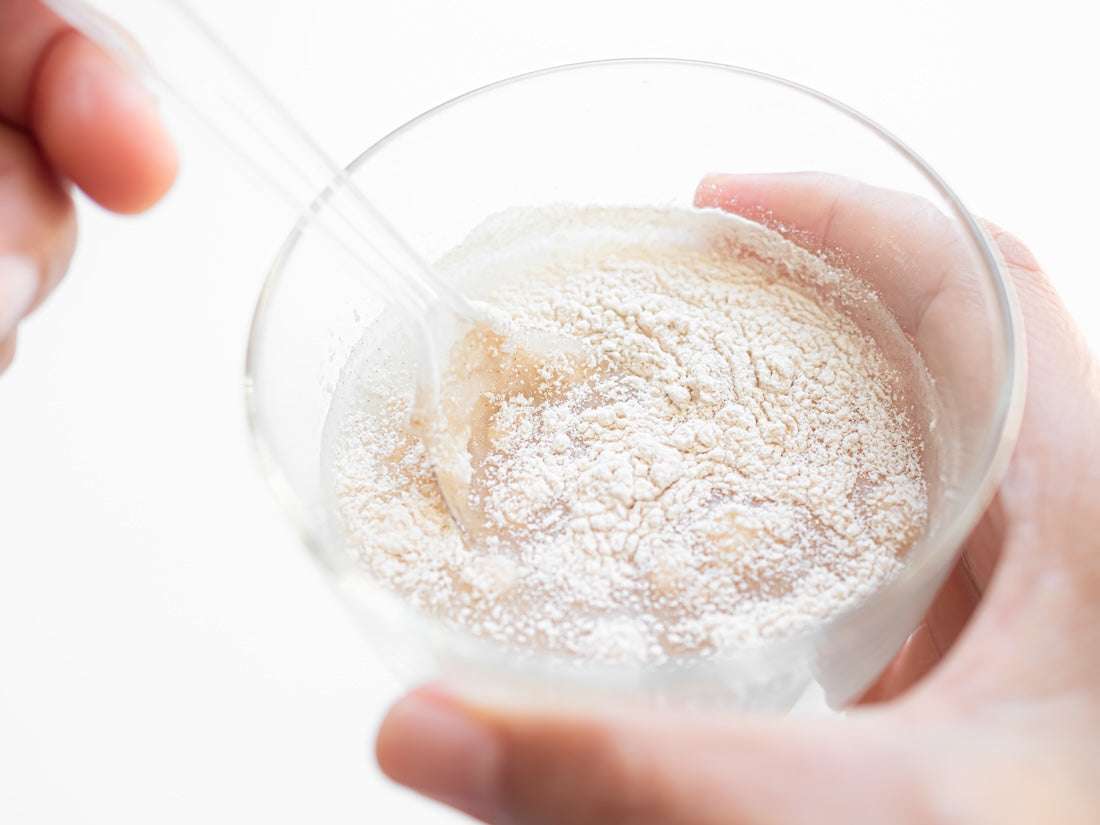
Absorption & Solubility
Creatine HCL is more soluble in water, which may make it easier to digest for those who experience bloating with monohydrate. However, monohydrate’s absorption can be improved by simply taking it with food or warm water.
Creatine Monohydrate is the most widely used and studied form of creatine. It has been proven to increase muscle mass, improve exercise performance, and support cognitive function.
Cost Comparison
Creatine Monohydrate is significantly cheaper and available in larger quantities, making it the better option for budget-conscious consumers.
Dosage
Creatine Monohydrate: Standard dose is 3-5g per day.
Creatine HCL: Due to better solubility, a smaller dose of 1-2g per day is typically recommended.
Which One is Right for You?
If you want the most researched and cost-effective option → Go with Creatine Monohydrate.
If you have digestive issues with monohydrate → Try Creatine HCL.
If budget is a concern → Creatine Monohydrate is the better value.
Final Verdict
Creatine Monohydrate remains the gold standard due to its overwhelming scientific support, affordability, and effectiveness. While Creatine HCL may offer benefits for those with digestive sensitivities, it lacks the extensive research backing monohydrate.
Where to Buy High-Quality Creatine
When choosing a creatine supplement, opt for 100% pure, lab-tested Creatine Monohydrate from a trusted brand. Look for third-party testing certifications to ensure quality and purity.
Related Articles:
Best Time to Take Creatine for Maximum Absorption
- 5 Tips for faster recovery
- Unlocking the Power of Glutamine for Performance Athletes and Bodybuilders
- Boost Your Athletic Performance with These Effective Workout Tips
FAQ
1. Does Creatine Cause Water Retention? Yes, but primarily inside muscle cells, which enhances muscle fullness and strength.
2. Can I Mix Creatine with Protein? Yes! Creatine and protein work synergistically to support muscle growth.
3. Should I Cycle Creatine? No, cycling is unnecessary as long as you take the recommended daily dose.
4. Is Creatine Safe? Yes, extensive research confirms creatine is safe for long-term use.
By incorporating Creatine Monohydrate into your routine, you’ll experience enhanced performance, faster recovery, and improved strength—all without breaking the bank!
-Jon Klipstein
"Before launching our Creatine products, I had the same questions as we went back and forth on what would be the best source of Creatine to offer our customer base. After lengthy R&D, plus internal research we made a decision based on what we felt would be best for our users. This blog is the high level overview of our findings."
Featured product
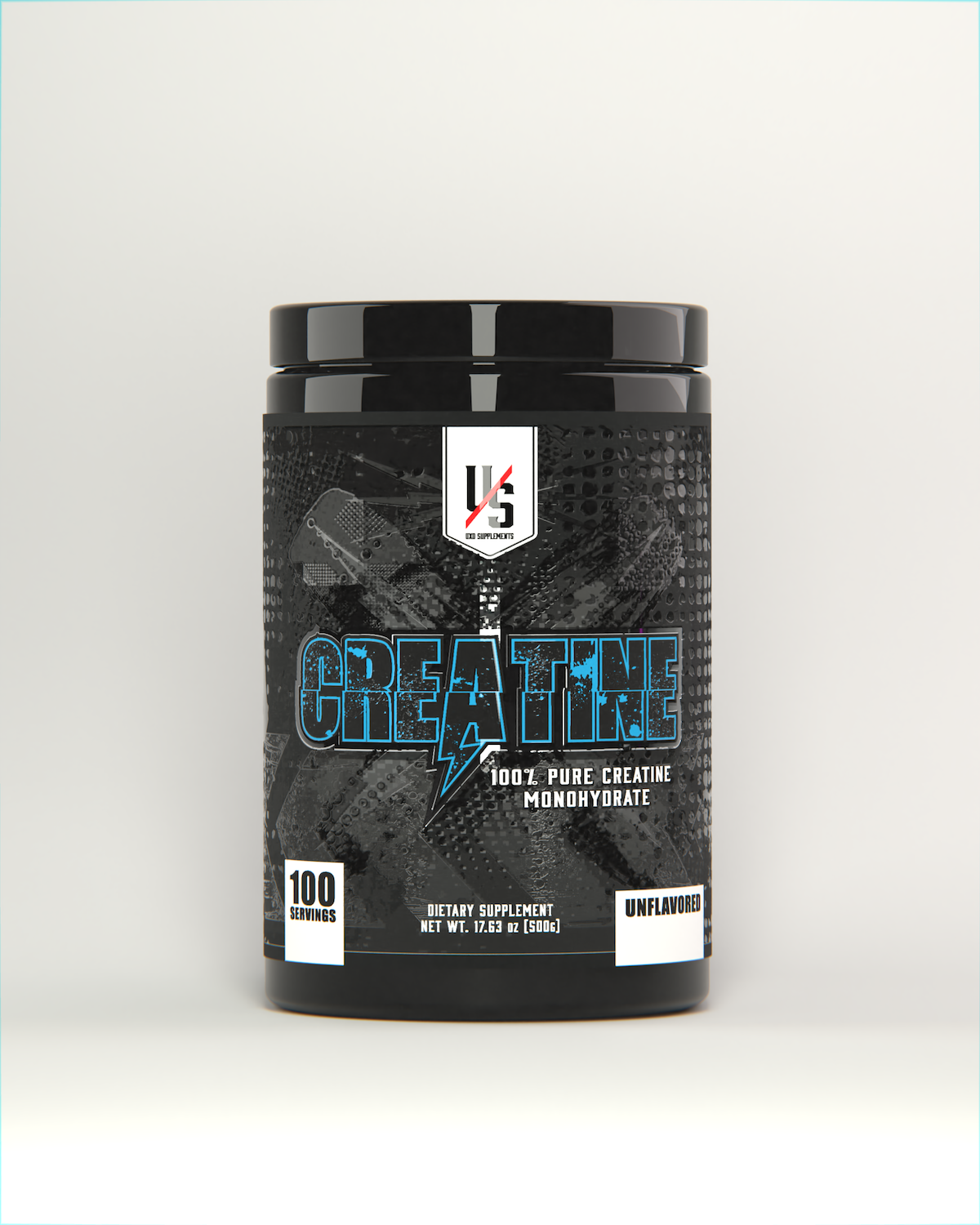
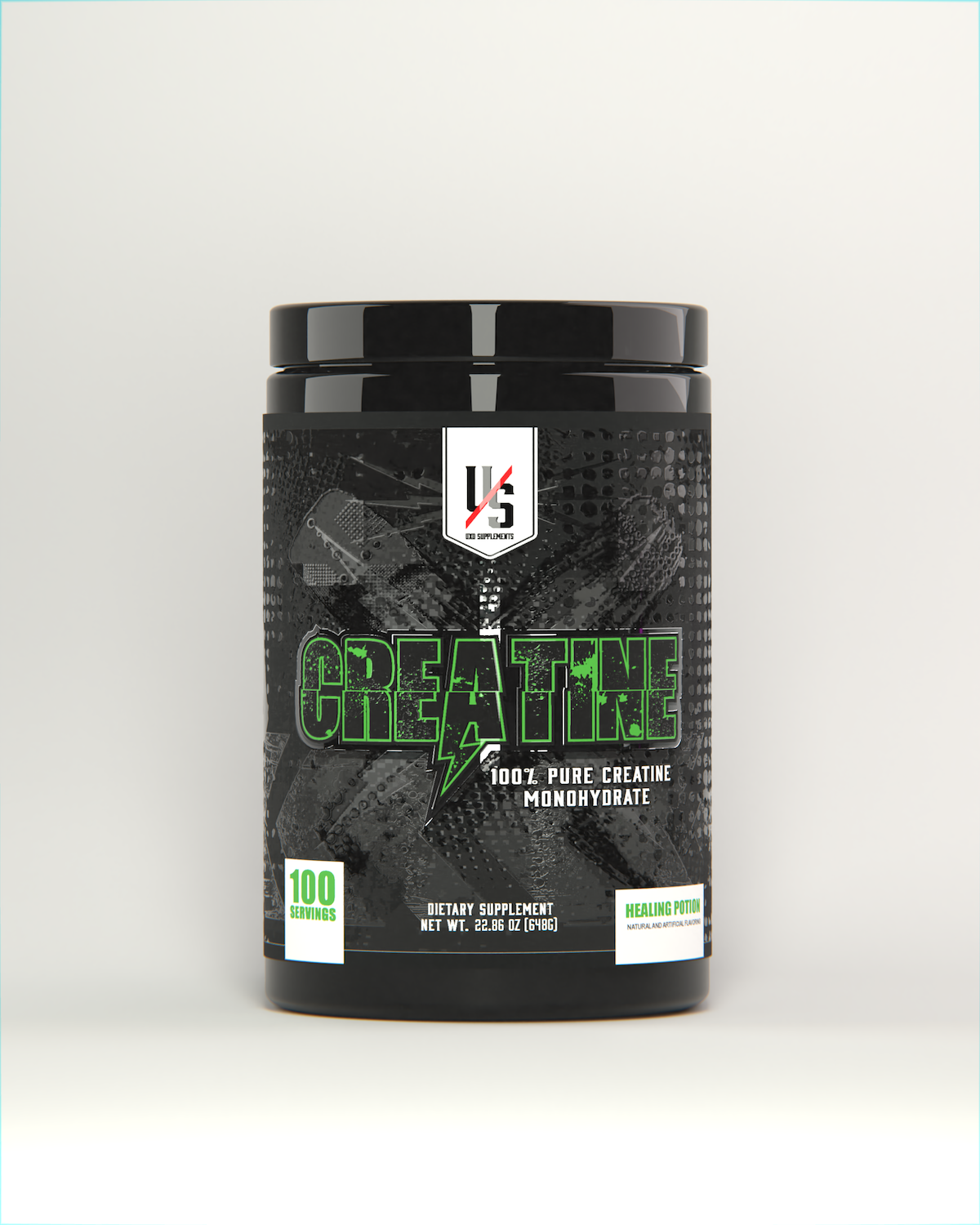
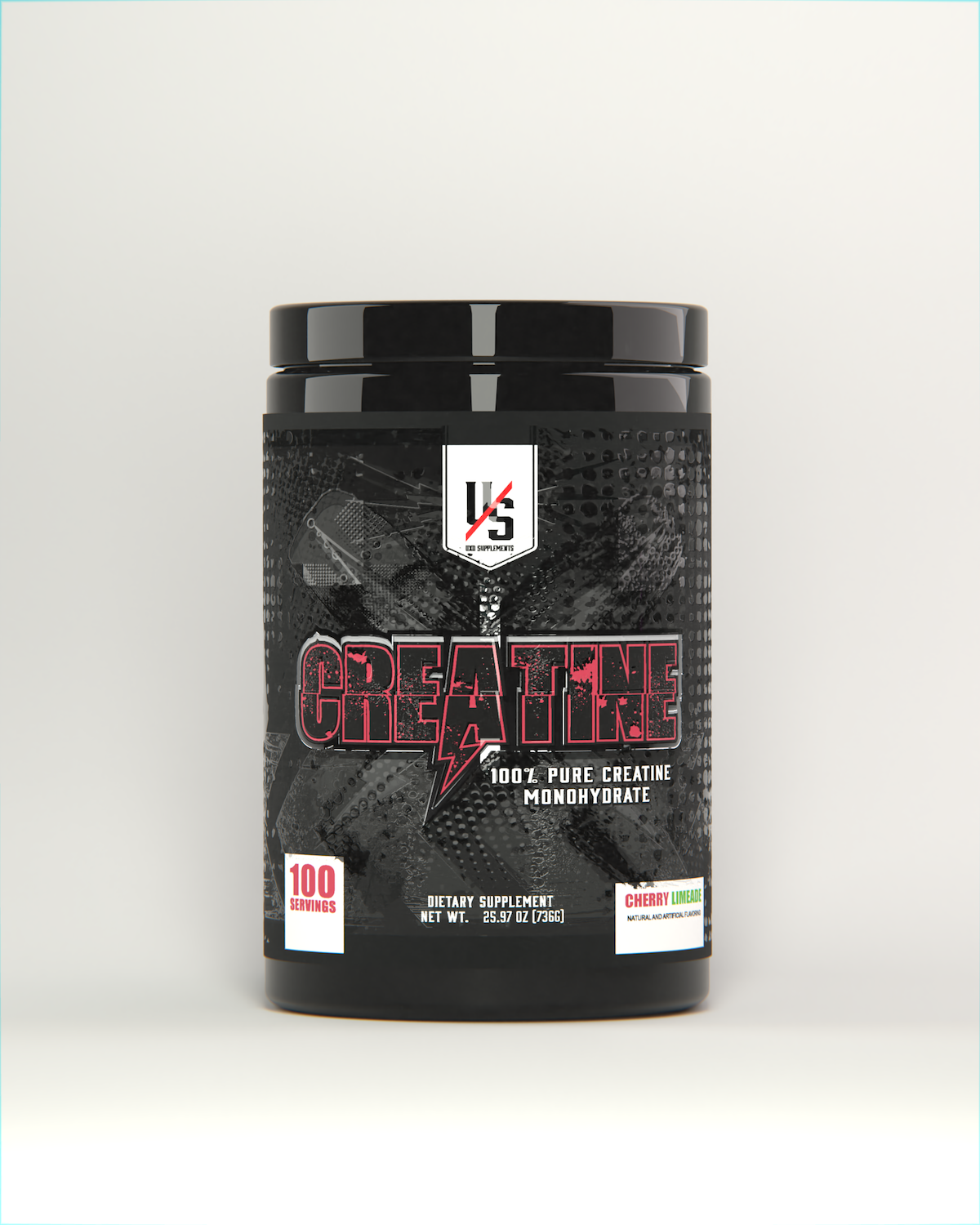
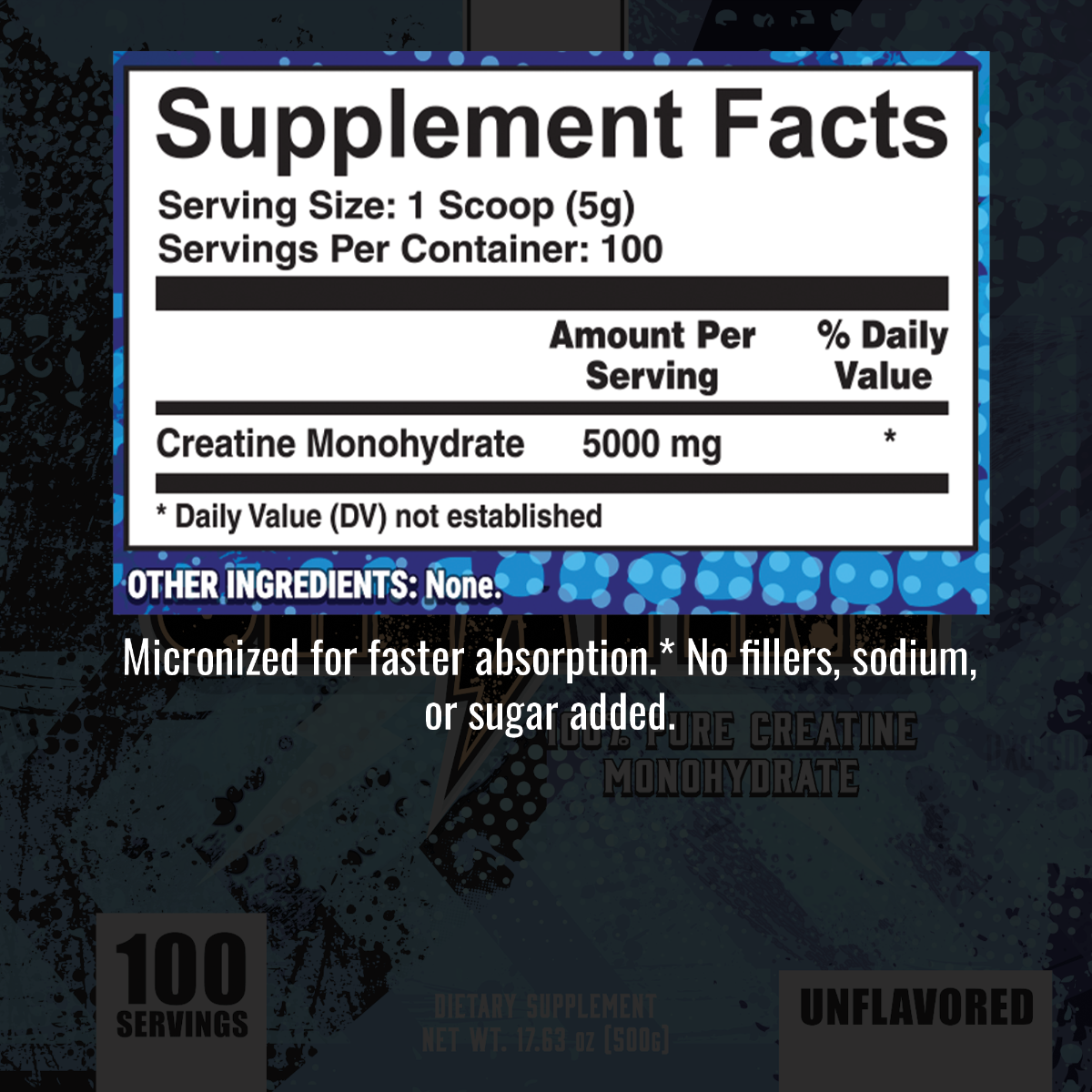
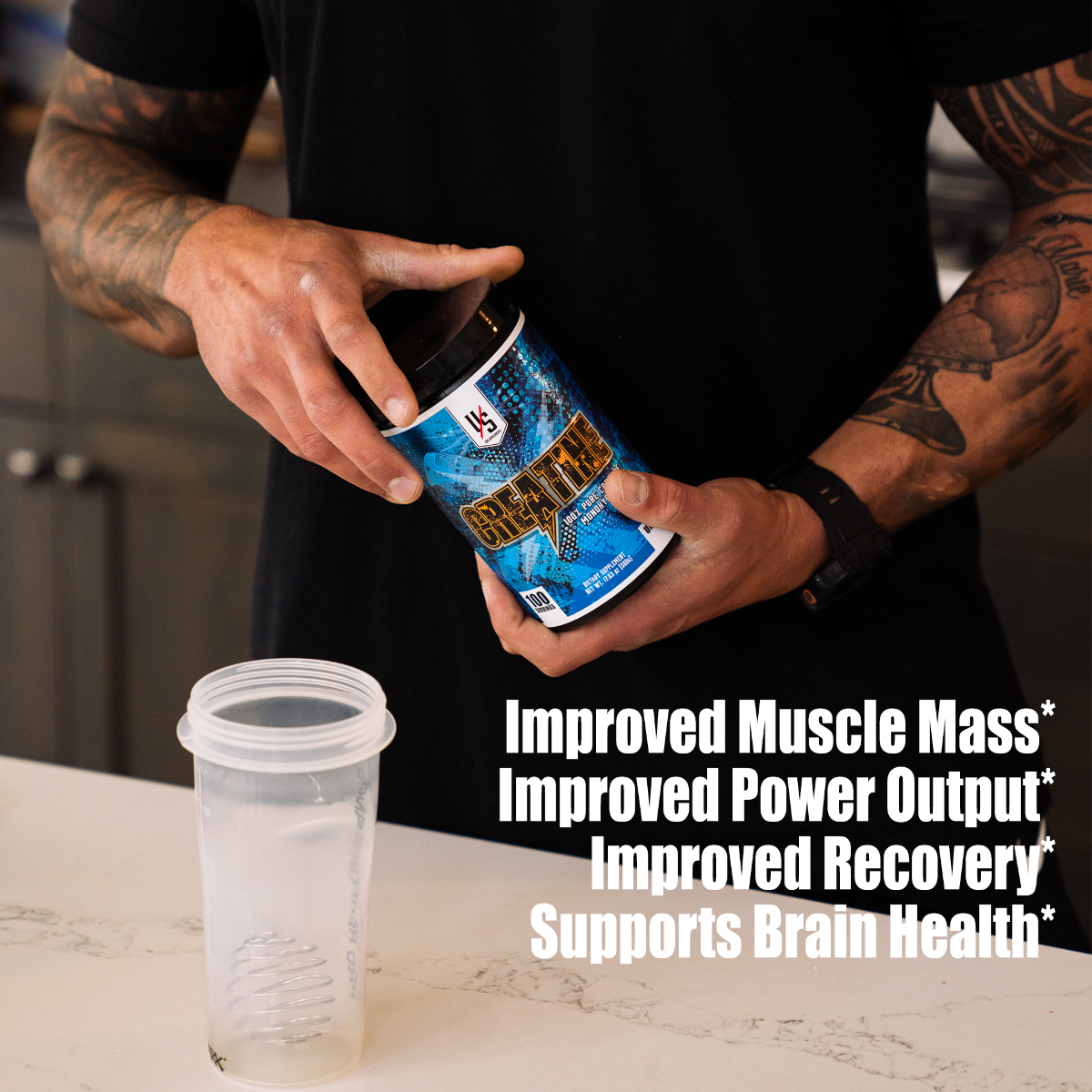
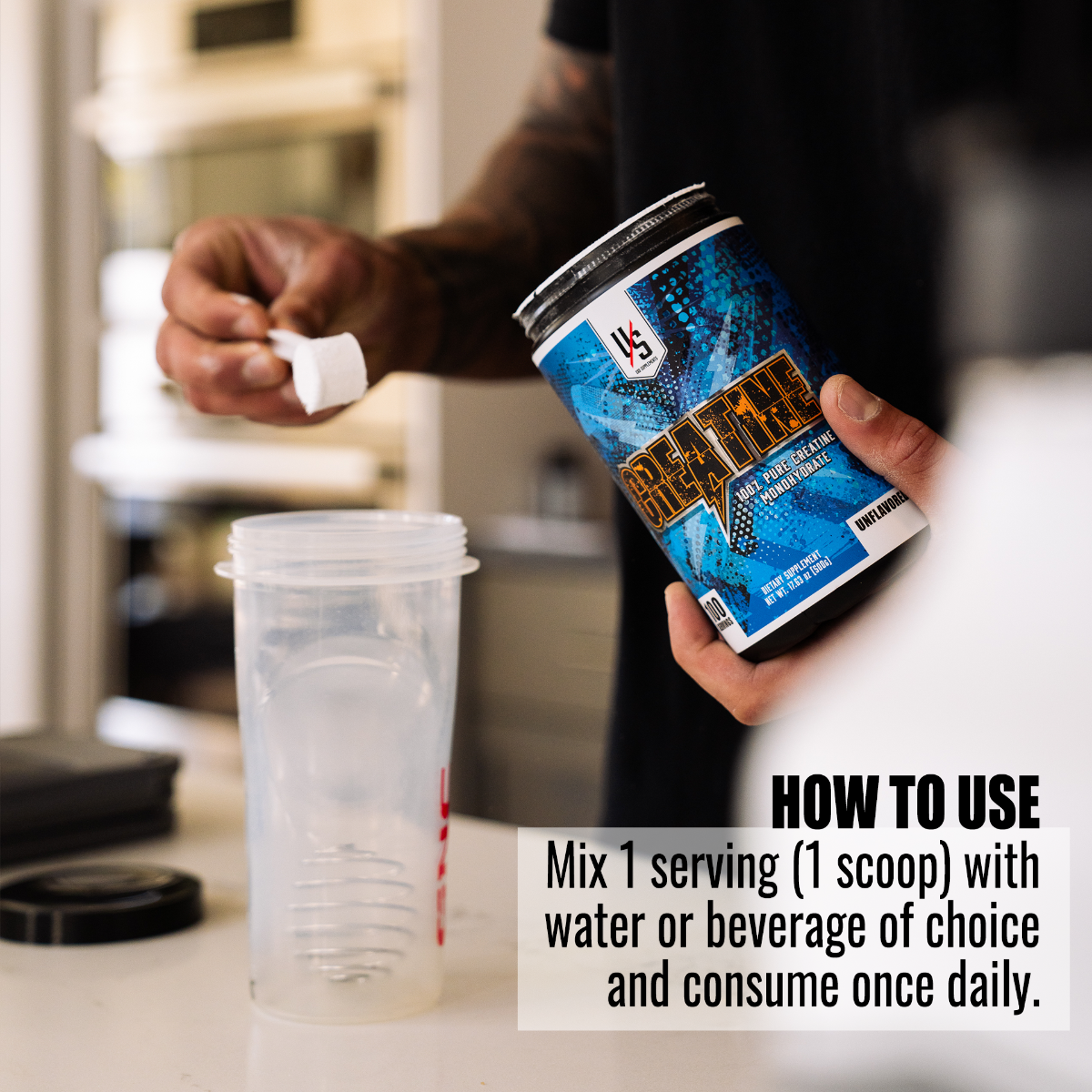
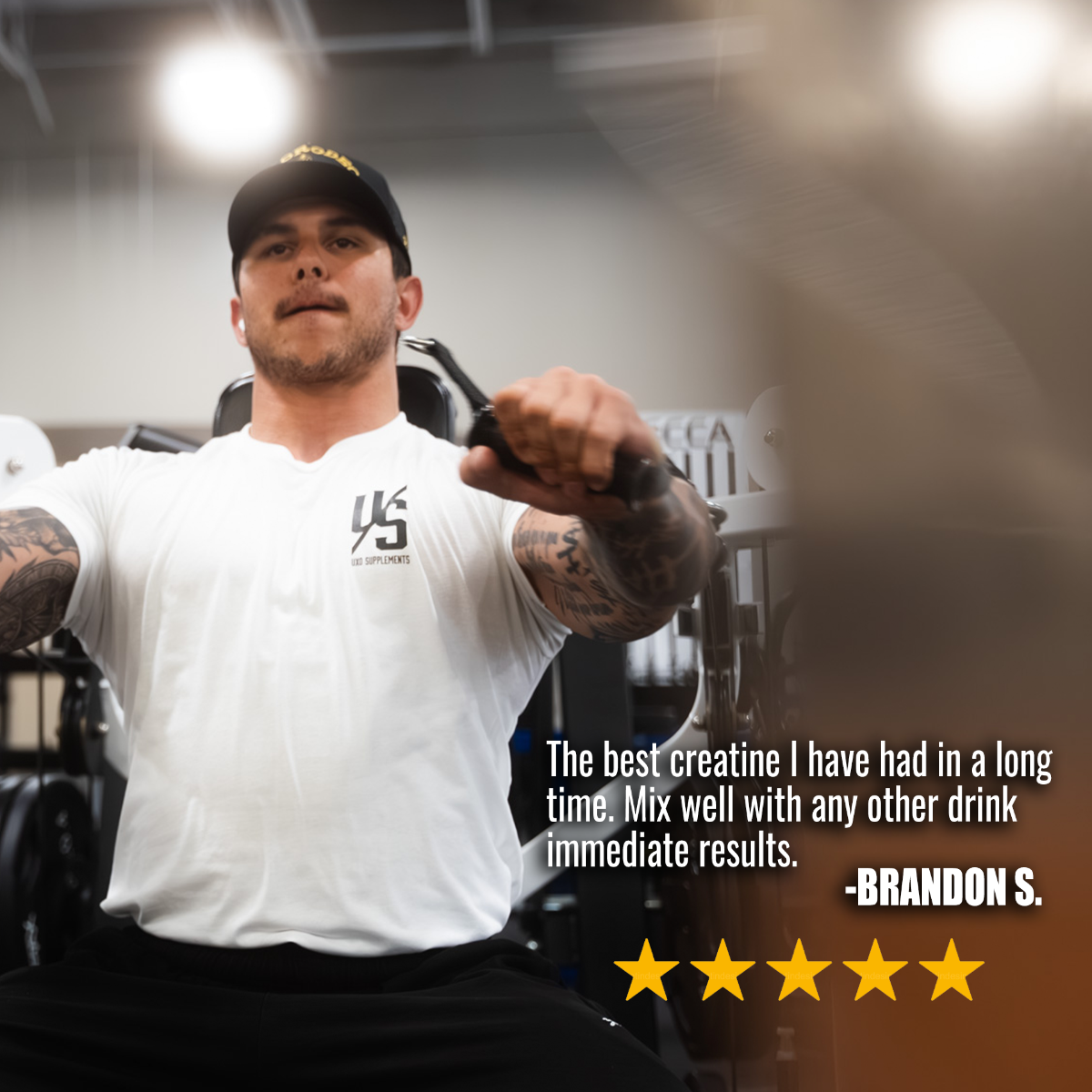
Pickup available at 11880 W. President Dr. Suite D
Usually ready in 24 hours

Micronized Creatine Monohydrate
100 serving / Healing Potion
11880 W. President Dr. Suite D
11880 W President Dr
Suite D
Boise ID 83713
United States
PRODUCT DETAILS
100 servings per container |
|
Increased muscle and strength |
|
improved recovery |
|
could support brain health |
How do you choose the right Creatine Monohydrate?
1: While Creatine Monohydrate is the most popular version, there are differences in Creatine Monohydrate. If you are worried about stomach sensitivity, we recommend taking a Micronized Creatine Monohydrate. Micronized meaning it has been broken down into smaller particles to improve solubility.
2: Is 3rd Party testing important to you? Are you a drug tested athlete, or concerned about cross contaminents making their way into your products? The only way to ensure you are getting exactly what is on the label, without any traces of potential banned ingredients is to choose a product that is 3rd party tested.
3: How do you want to take your creatine? Stack it with your preworkout or EAAs? Then a non-flavored one would be a great opton. If you want to take Creatine by itself, we recommend a flavored version.
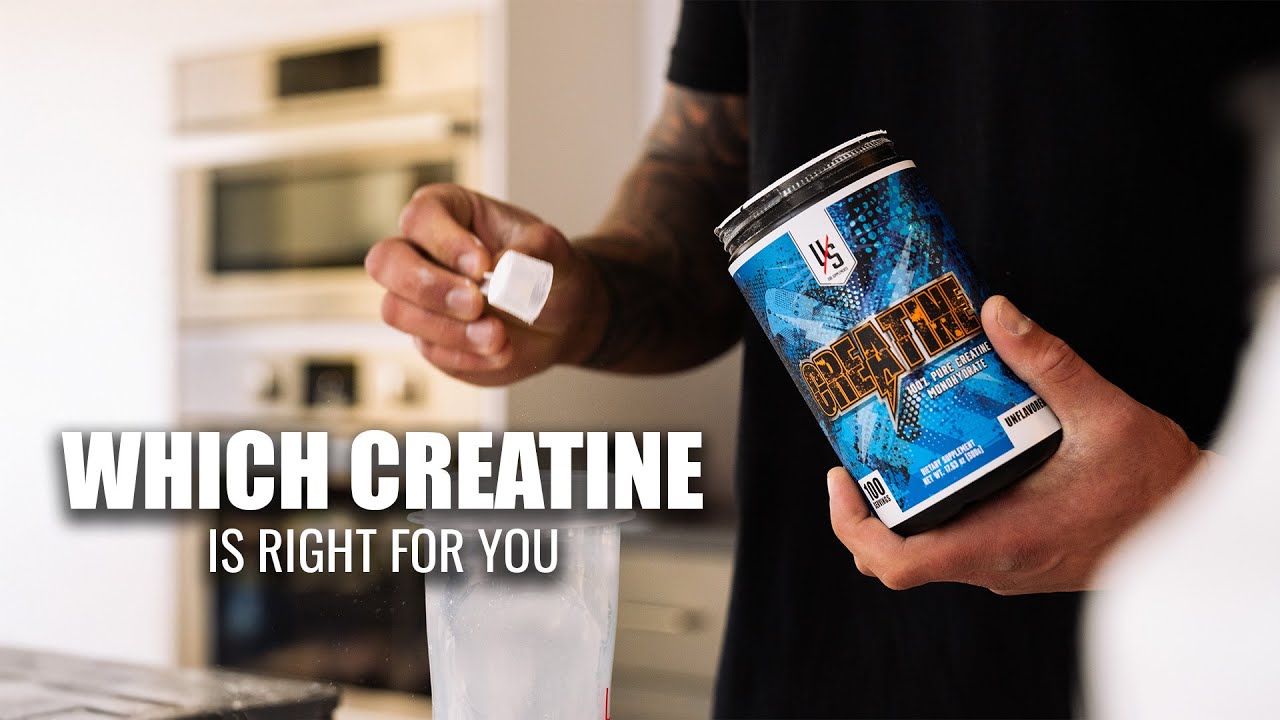
Video
Did you know you can now get Flavored Creatine through UXO Supplements?
With the increased popularity and ever evolving studies on the benefits of Creatine, we decided to give you options. With the unflavored version, you need to be able to mix it with something to mask the bitterness of the raw ingredient. Now you can take Creatine by itself with one of our flavored versions. More will be coming as we continue to grow.
Creatine Monohydrate Pros and Cons
CONS |
|
Not as soluble as HCL |
|
Causes GI Distress with a small % of population |
|
Cold weather workouts are far more challenging as compared to summer workouts. The body loses heat faster through convective heat transfer, and it may be challenging to maintain the core temperature of your internal organs as you work out. To work out in cold weather, you need to make appropriate preparations. You will need to put on layers of clothes to keep warm and comfortable, and, when it’s dark and icy, it gets even more difficult to exercise. Additionally, the temptation to stay indoors and watch Netflix may make it very difficult to exercise, but if you are disciplined enough and you do go out, winter workouts can have several benefits on your body and your mind. These include:
- It Improves Your Mood
Seasonal Affective Disorder (SAD) or ‘winter blues’ is characterized by depression. According to research published in Psychiatry, approximately 20 percent of Americans suffer from mild to severe depression during winter. One of the best ways of combating these feelings of sadness is by working out.
Workouts can help our bodies secrete more feel-good hormones. Researchers have found that workouts are up to 4 times more effective than taking antidepressants in the relief of depression symptoms. If you decide to exercise outdoors, you will not only get fresh air and boost your mood but also get a good dose of vitamin D.
- It Boosts Your Immune System
Each winter brings around illnesses, and most people blame it on the cold weather. However, it is the viruses that make us sick and being congested in a heated room can expose you to more viruses compared to staying outdoors.
- It Is A Great Cardiovascular Exercise
Both your body and the cardiovascular system works harder when working out in the cold weather. Your heart works hard to pump blood, and this keeps it healthy and in good shape. With heart diseases being on the rise, it is a great thing to know that winter workouts can help in keeping your heart healthy and strong.
- It Makes Increasing Workout Intensity Less Difficult
If you like to run, bike, or walk, the humidity and heat of summer can make it challenging to up your mileage or intensity. On the other hand, cold weather makes it easier to handle more intensity since you are not subjected to that stress. If you want to break a new personal record in a race, you should try working out during winter. According to a study that was published in Medicine and Science in Sports and Exercises, marathon runners recorded slow performance in warm temperatures as compared to colder temperatures. During winter workouts, it is recommended to do an adequate warm-up to relax your muscles.
- You Burn More Calories
When working out during winter, your metabolism will speed up. It also works faster, and thus you end up burning more fat. An increased metabolism rate means that you may end up losing a few pounds.
Read more
Just the Tip: Today Ryan takes you through an easy way to increase muscle gains without adding on additional weight. Maybe you have a joint or muscle that has suffered an injury previously . . . A...

Let's talk carbs for a minute . . . First off, carbs are our primary source of energy that we use during training as stored glycogen in both the liver and muscles. Intense endurance training rely h...

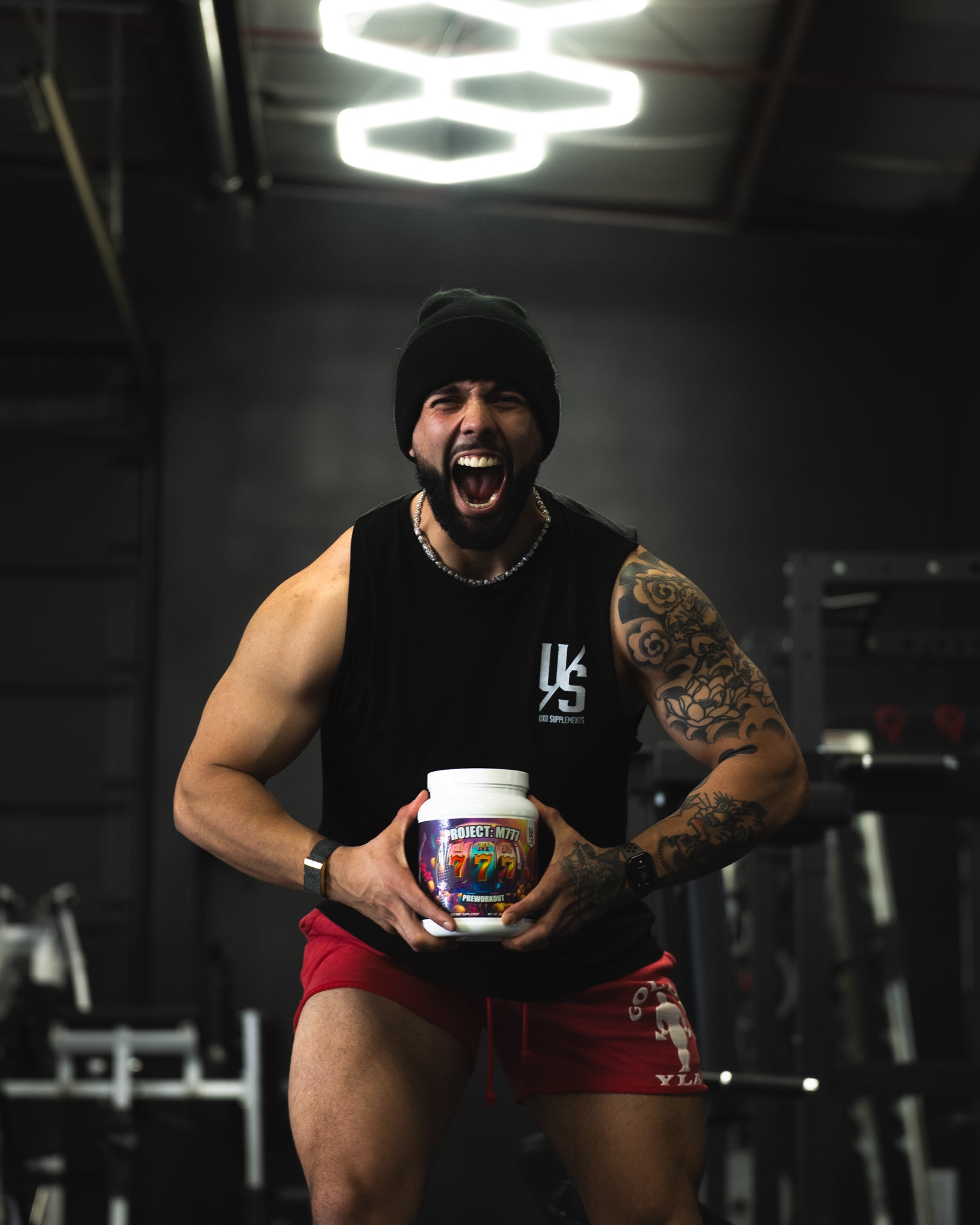




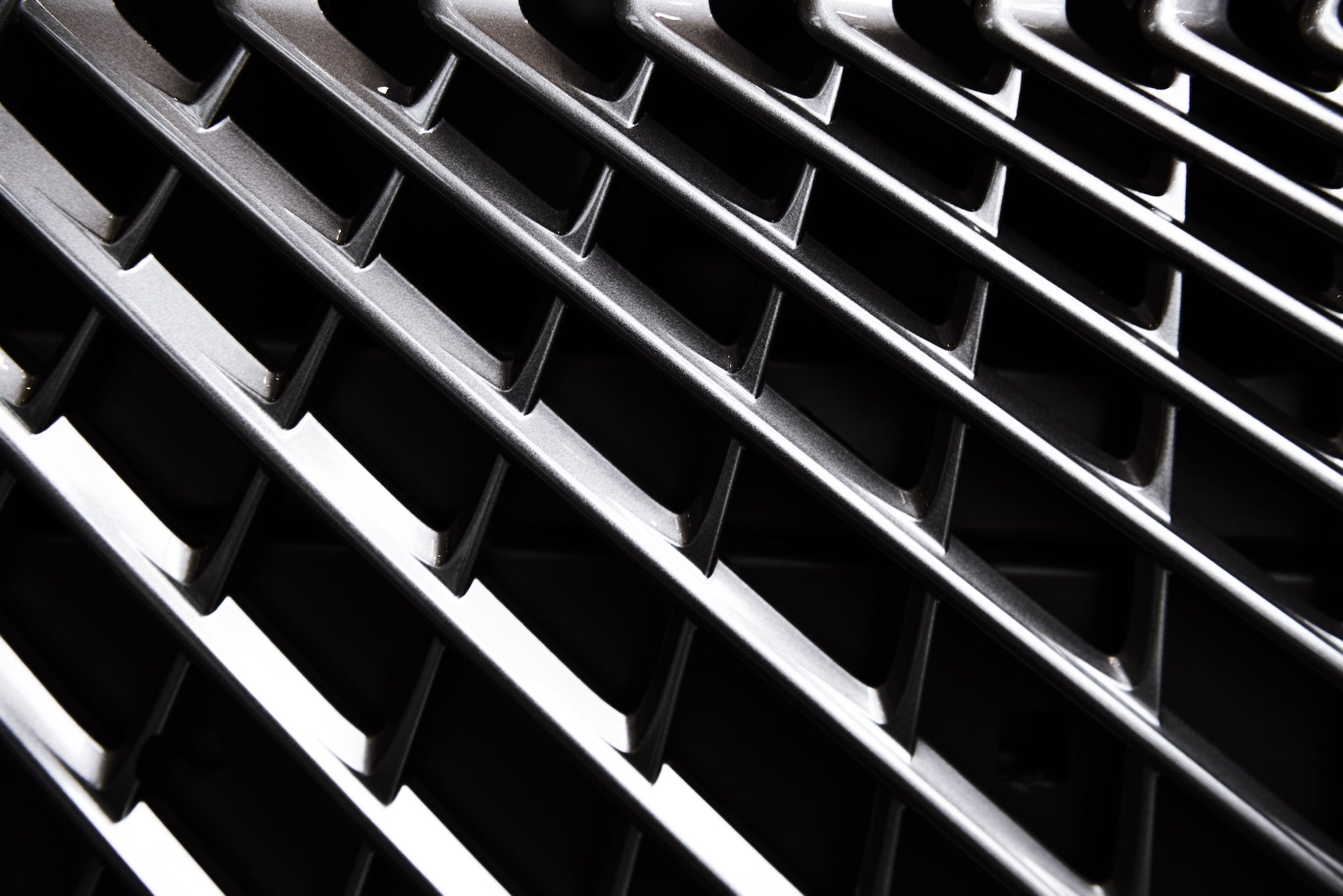


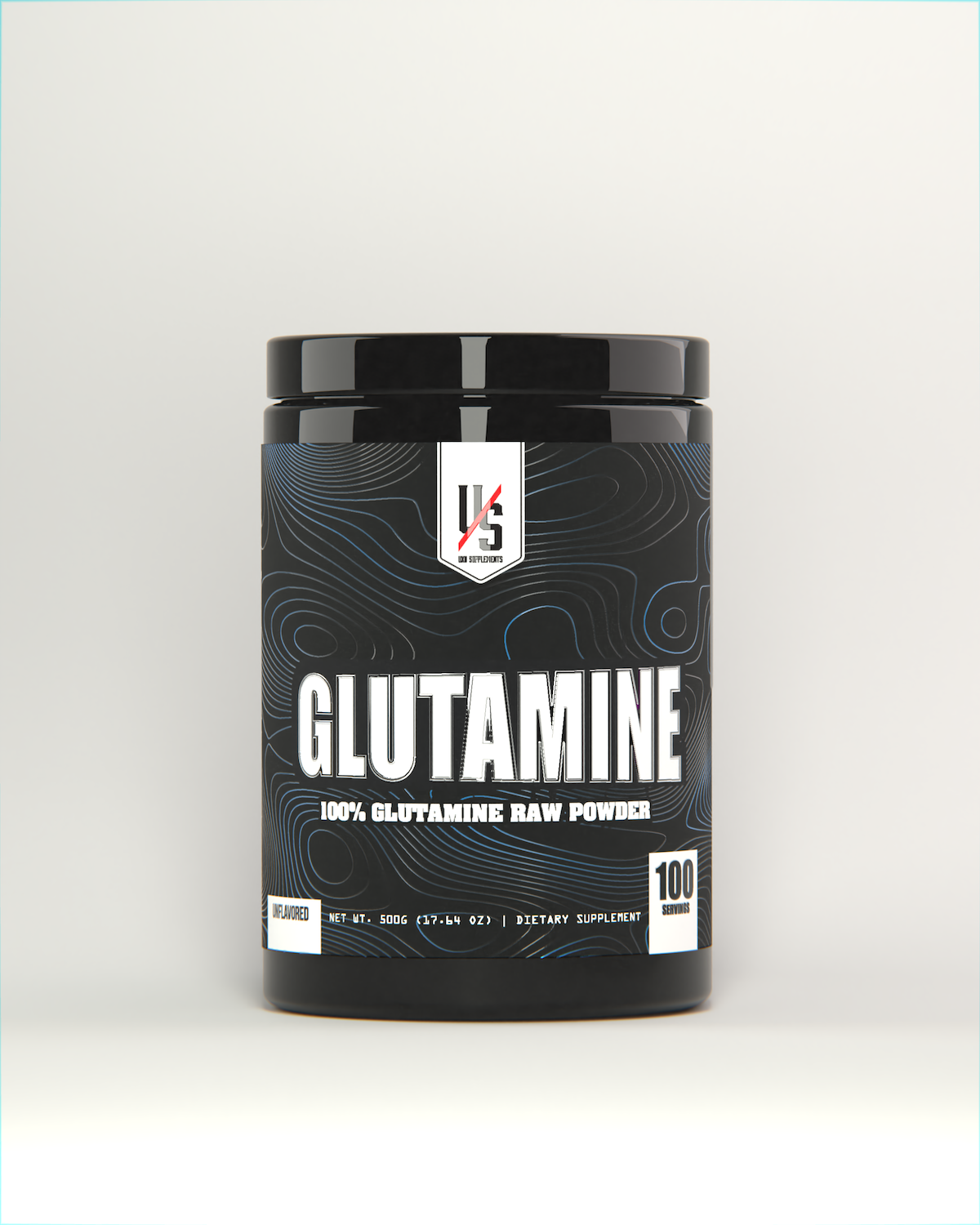
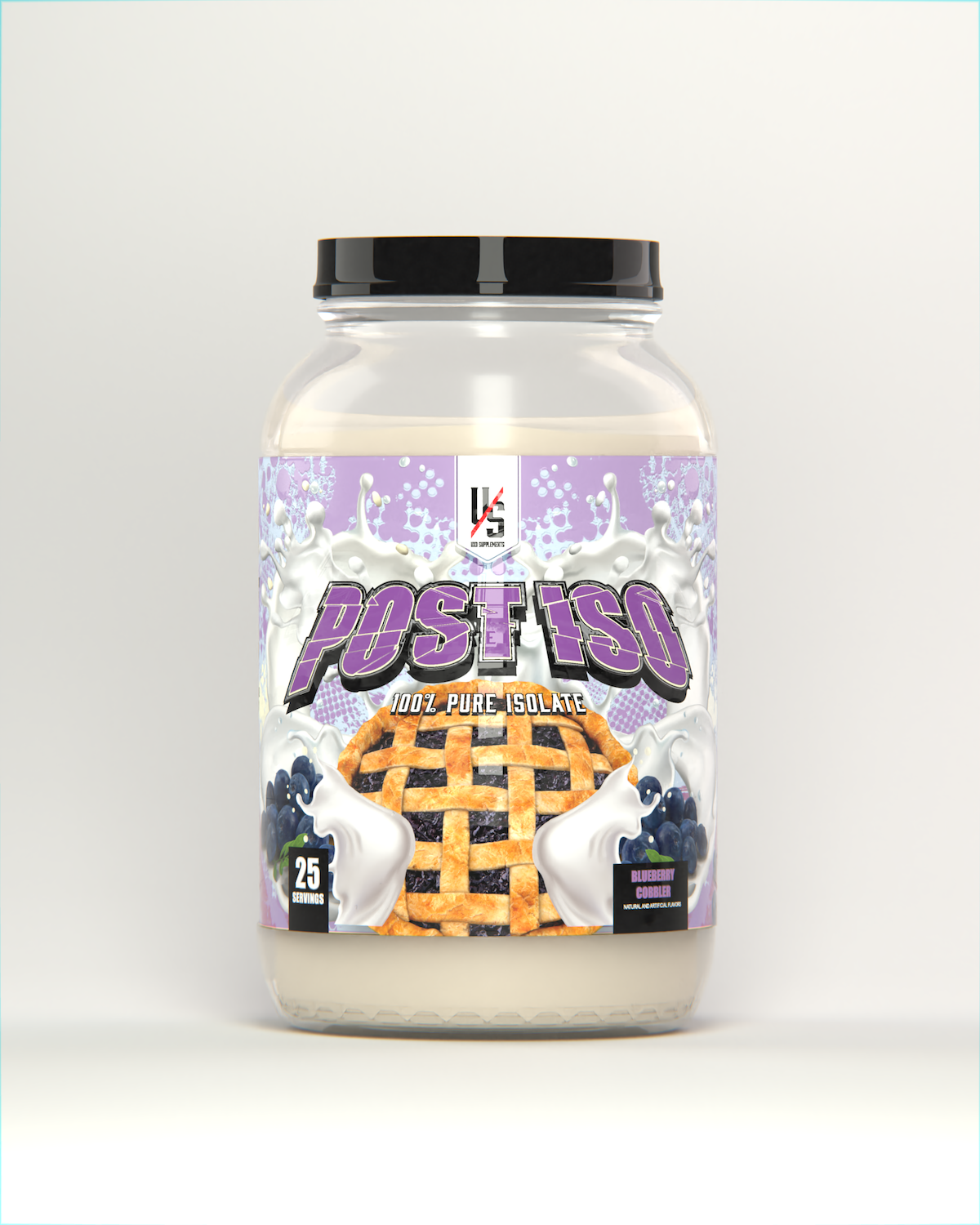
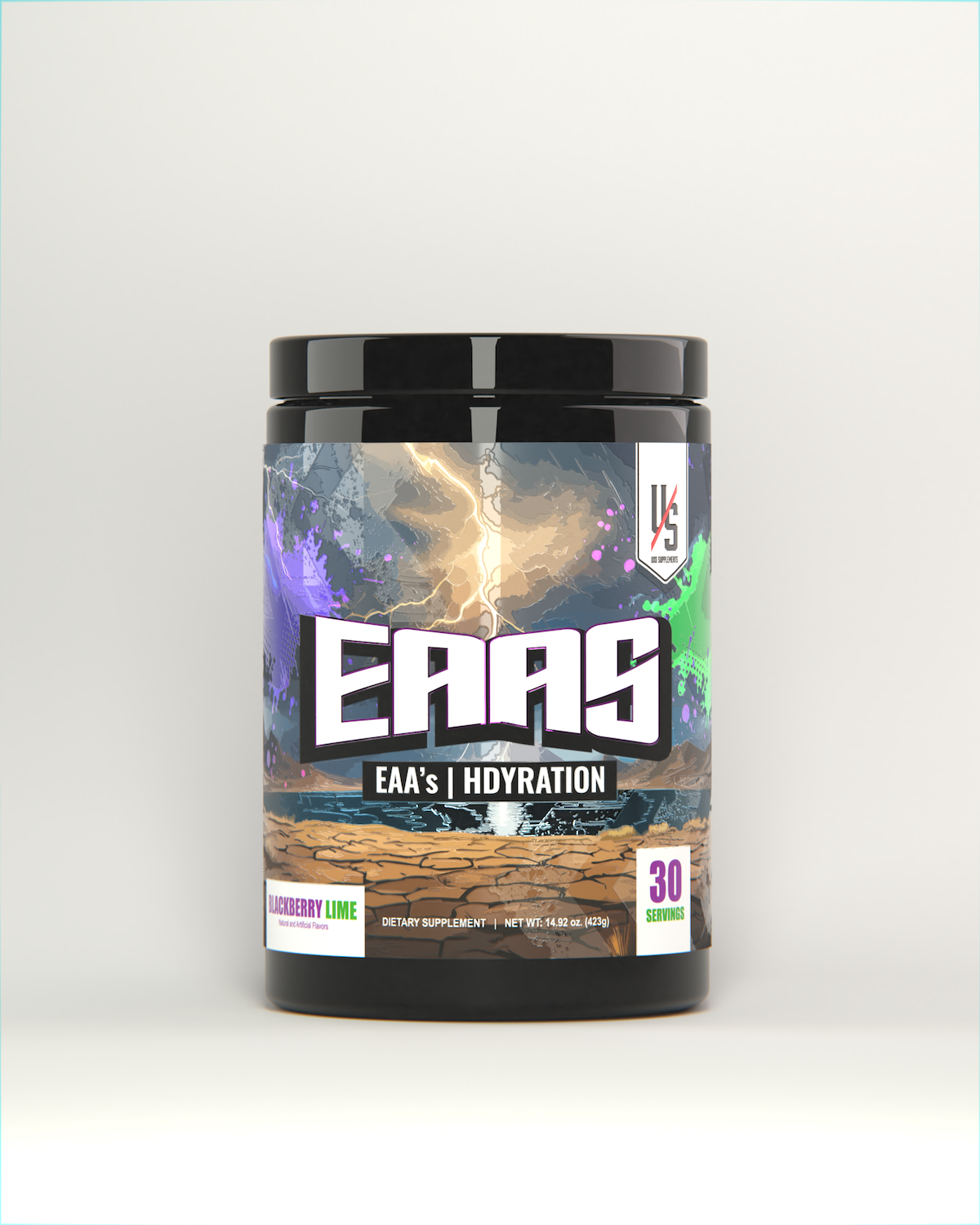
Leave a comment
All comments are moderated before being published.
This site is protected by hCaptcha and the hCaptcha Privacy Policy and Terms of Service apply.